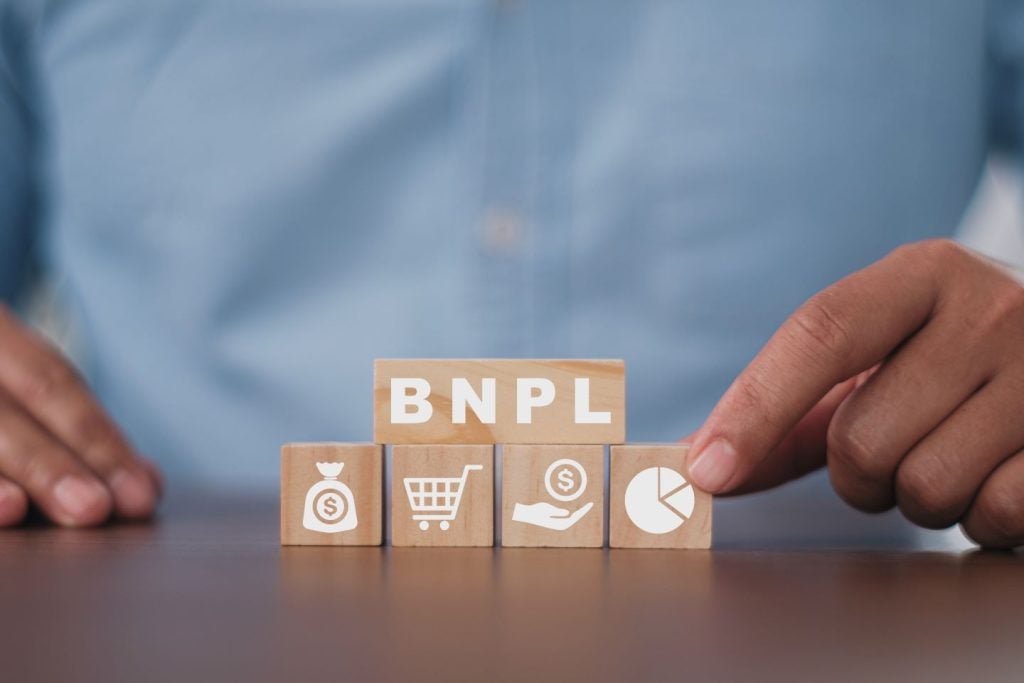Pat Bermingham, CEO, Adflex, shares his thoughts on some significant innovations that will impact the payments industry in 2020.
The payments industry has been moving away from static card numbers and towards digital wallets for several years, albeit with a few hiccups along the way, and this continued in 2019.
How well do you really know your competitors?
Access the most comprehensive Company Profiles on the market, powered by GlobalData. Save hours of research. Gain competitive edge.

Thank you!
Your download email will arrive shortly
Not ready to buy yet? Download a free sample
We are confident about the unique quality of our Company Profiles. However, we want you to make the most beneficial decision for your business, so we offer a free sample that you can download by submitting the below form
By GlobalDataOne of the biggest launches of the year encapsulated this trend: the Apple Card, which has no card number, signature or expiry date. This is reflected in the B2B space too, where we have seen demand for virtual cards sharply rise due to the increased security and financial control they enable – particularly in industries with complex supply chains. As such, I predict that payment card numbers will soon be out of the public domain altogether.
Digital banks like Monzo, which allows users to see exactly where they are spending and categorises payments for their reference, have continued to grow their user bases. The threads that link these shifts in consumer and business behaviour are data and transparency.
The more insight that companies and consumers can have on their spending, the better, as it enables a clear view of finances and the ability to make better decisions. This has even more tangible benefits for businesses than consumers, as increased automation and better data ‘close the loop’, simplifying payment reconciliation and tax compliance.
Secure Remote Commerce
Something that will have a significant impact on the payments industry in 2020 and beyond is secure remote commerce (SRC), a card-based payments system that further builds on the concept of eliminating passwords and card numbers in ecommerce.
The effects will be long-term, but eventually, the hosted pay page will go the way of the fax as enterprise-scale buyers and merchants move to more flexible, self-service payment APIs. The key trends here will be the move towards digital wallets and ubiquity, as the single ‘Pay’ button will reduce the amount of differently branded payment methods at checkout, such as MasterPass and Visa Checkout.








